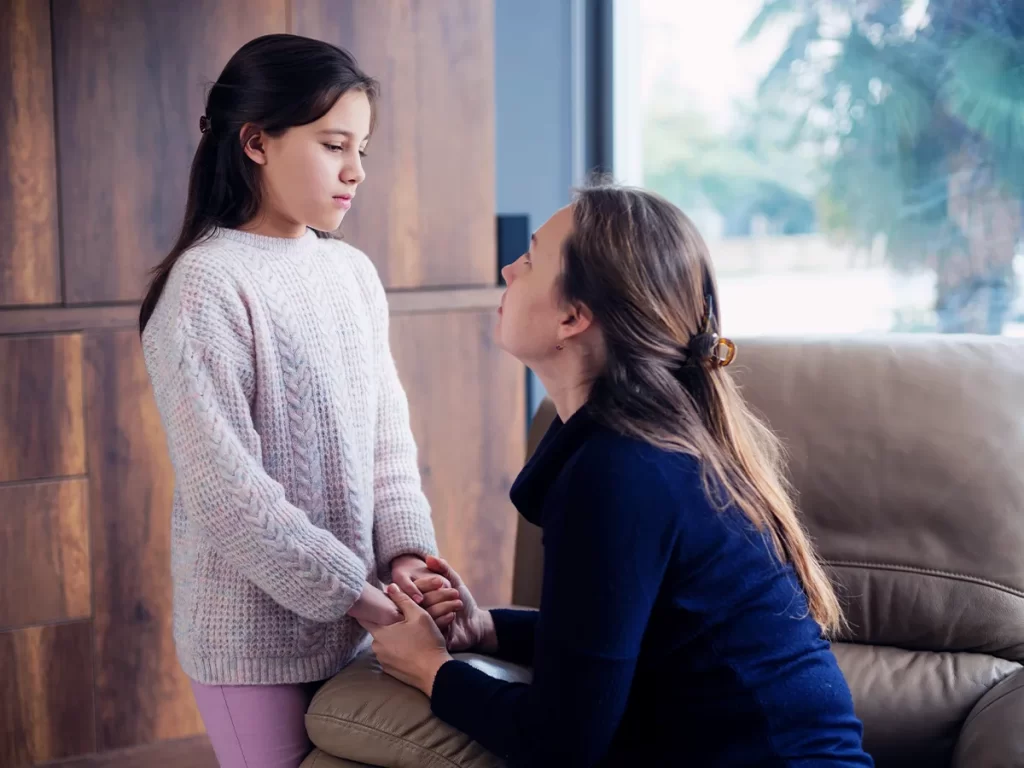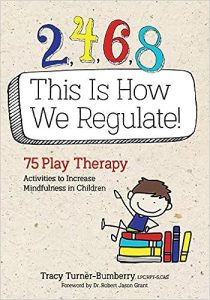How to Talk to Children About Mental Health: Tips for Starting the Conversation and Reducing Stigma
Mental health is just as important as physical health, but it’s often overlooked, especially for children. As a mom, it’s crucial to involve yourself in your child’s mental health just as you would with their physical health. With more awareness and knowledge, we can reduce mental illness stigma and start talking to our children about their feelings, emotions, and mental health. In this blog post, we’ll discuss some tips for talking to children about mental health and minimizing its stigma.


1. Create a Safe and Open Environment: The first step to talking to children about mental health is to create an environment where they feel comfortable discussing their feelings. Many children may feel embarrassed or ashamed to talk about their emotions, so it’s essential to ensure they feel safe, loved, and supported. An excellent way to start is to ask open-ended questions like “How are you feeling today? ” or ” Is there anything you would like to talk about?”. By doing so, children can express their feelings without fear of judgment or ridicule.
2. Use Age-Appropriate Language: Mental health can be a complex topic, so it’s essential to use language your children can understand. You don’t have to explain everything in detail; instead, you can start by reassuring them that it’s normal to sometimes feel anxious, sad, or angry. Furthermore, you can use straightforward language to explain confusing emotions. For example, you can describe anxiety as worry or nervousness that people may experience when they’re stressed or overwhelmed.


3. Share Your Own Experiences: Sharing your experiences with your child can help reduce mental health stigma. By sharing your experiences, you can show your child that it’s okay sometimes to feel anxious, stressed, or sad. Furthermore, your child may feel less alone if they know you have experienced similar feelings.
4. Seek Professional Help if Necessary: If you notice any significant changes in your child’s behavior, it’s essential to seek professional help. Mental health professionals, such as therapists or psychologists, can provide the support and guidance your child needs to manage their emotions. Furthermore, it’s essential to teach your child that mental health is just as important as physical health and that seeking help is a sign of strength, not weakness.


5. Educate Yourself: Finally, educating yourself about mental health can help you become a better parent and support your child’s mental health. You can read books, attend workshops, or speak with mental health professionals to gain more knowledge and insight.
Talking to children about mental health can be challenging, but ensuring their well-being is crucial. By creating a safe and open environment, using age-appropriate language, sharing your experiences, seeking professional help if necessary, and educating yourself, you can reduce mental health stigma and teach your child that it’s okay to talk about their emotions. Remember, mental health is just as important as physical health, and as a mom, it’s your responsibility to involve yourself in your child’s well-being.



